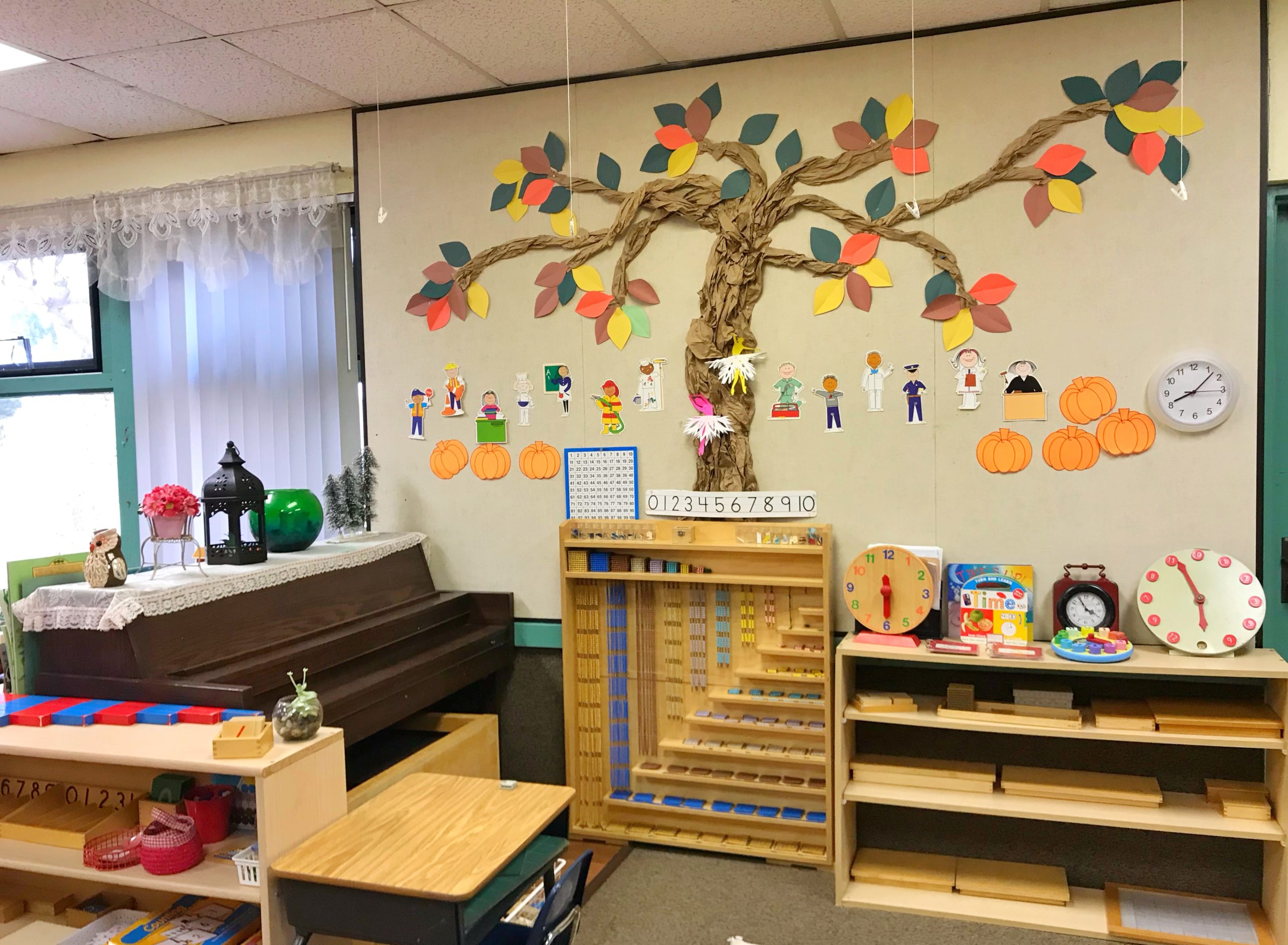About
Central Montessori School is a co-educational day school for children aged 18months to 6 years old.
Montessori Toddlers to Kindergarten classes have been in existence since 2003 offering a child-centered
approach to learning in classes of around 10 to 24 children, with its dedicated staff and excellent facilities.
Get in touch
- 286 North El Camino Real Encinitas, CA 92024
- 760-479-9889
- ban@cmpreschool.com
- jay@cmpreschool.com




